TransparentTribe Targets Indian Military with DeskRAT Malware
NetmanageIT OpenCTI - opencti.netmanageit.com

SUMMARY :
TransparentTribe, a Pakistani-nexus intrusion set, has launched a new cyber espionage campaign targeting Indian military organizations with DeskRAT malware. The infection chain begins with phishing emails containing links to malicious ZIP archives hosted on staging servers. These archives contain DESKTOP files that execute a multi-stage payload, ultimately delivering a Golang-based Remote Access Trojan (RAT) dubbed DeskRAT. The malware establishes command and control communications over WebSocket and implements various persistence techniques specific to Linux environments. The campaign appears to be designed to target BOSS operating systems, endorsed by the Indian government. TransparentTribe leverages local protests and regional tensions to compromise defense and government entities, aligning with their previous cyber espionage operations supporting Pakistan's strategic objectives in the region.
OPENCTI LABELS :
government,deskrat
AI COMMENTARY :
1. Introduction The recent campaign by TransparentTribe, a Pakistani-nexus intrusion set, marks a significant escalation in cyber espionage targeting the Indian military and associated government entities. Dubbed DeskRAT, this operation employs sophisticated tactics and a Golang-based Remote Access Trojan designed specifically for Linux environments. By understanding the nuances of this attack, organizations can better prepare for and respond to threats aimed at critical defense infrastructures and government platforms.
2. Infection Chain and Phishing Tactics The attack sequence begins with carefully crafted phishing emails that lure recipients into clicking on links pointing to malicious ZIP archives hosted on staging servers. Once the victim downloads and extracts the archive, a DESKTOP file is executed, initiating a multi-stage payload delivery. This approach leverages social engineering and the trust often placed in seemingly innocuous attachments to infiltrate secure networks without raising immediate suspicion.
3. Technical Details of DeskRAT Malware DeskRAT is a Golang-based Remote Access Trojan that establishes command and control communication over WebSocket protocols. This choice allows for stealthy, real-time data exchange between the compromised system and the attacker’s server. The malware employs persistence techniques tailored for Linux distributions, including modifications to system startup scripts and exploitation of lesser-known cron jobs. Its modular architecture supports additional payloads and facilitates the remote execution of commands, data exfiltration, and reconnaissance activities across BOSS operating systems endorsed by the Indian government.
4. Strategic Impact on Indian Military and Government Targets TransparentTribe’s focus on defense and government organizations underscores Pakistan’s strategic objectives in the region. By exploiting local protests and regional tensions, the group gains pretextual leverage to target critical infrastructures. The successful compromise of military networks or intelligence systems could lead to the unauthorized retrieval of sensitive documents, strategic plans, and real-time situational awareness, potentially affecting national security and defense readiness.
5. Recommendations and Mitigation Measures To mitigate the risk posed by DeskRAT and similar threats, organizations should implement multifaceted security controls. Email filtering and advanced phishing detection systems can reduce the risk of initial compromise. Strict monitoring of WebSocket-based communications and integrity checks of startup scripts can help identify and remove persistence mechanisms. Regular vulnerability assessments, incident response drills, and user awareness training focused on phishing hygiene are critical to building a resilient defense posture against sophisticated threat actors like TransparentTribe.
6. Conclusion The TransparentTribe operation targeting the Indian military with DeskRAT malware highlights the evolving landscape of cyber espionage. By combining social engineering, a multi-stage payload, and a resilient RAT architecture, attackers can infiltrate and persist within high-value environments. Proactive threat intelligence, continuous monitoring, and robust security practices remain essential in countering these government-backed cyber threats and safeguarding national defense assets.
OPEN NETMANAGEIT OPENCTI REPORT LINK!
Use public read only username and password on login page.
NOTE : Use Public READ only user credentials on login page banner.
TransparentTribe Targets Indian Military with DeskRAT Malware


